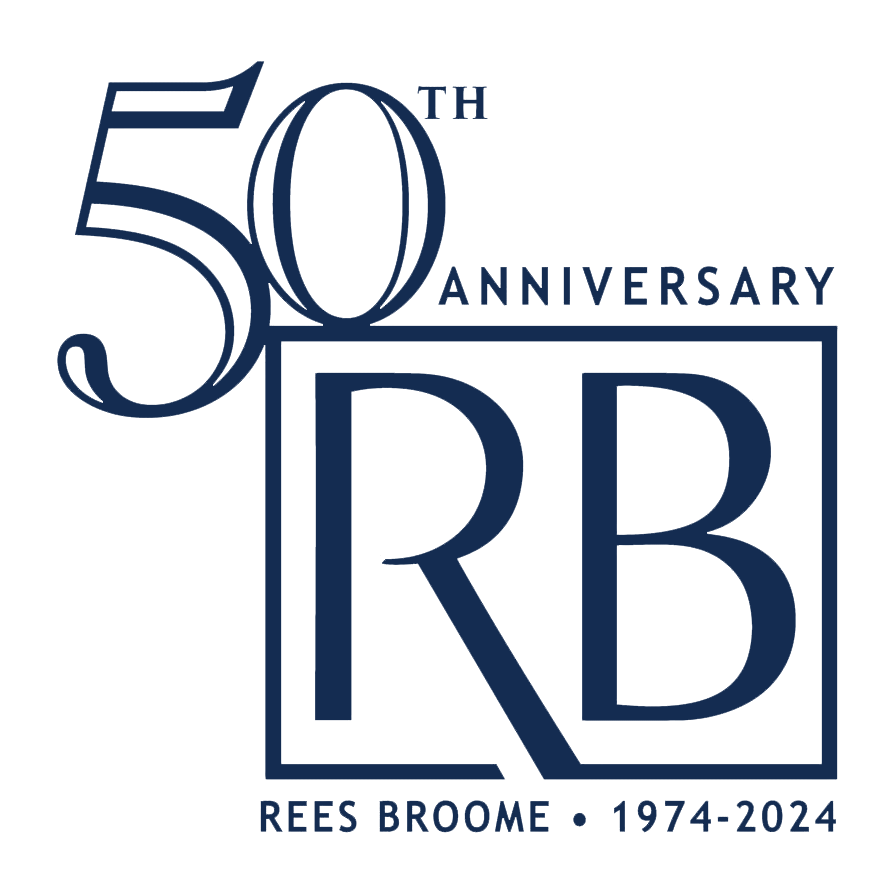For years lawyers have advised employers in the Fourth Circuit (the federal circuit for appeals from United States District Courts of Maryland, Virginia and North Carolina) that crude and boorish sexual comments alone are not generally sufficient to create a hostile work environment for purposes of proving a sexual harassment claim under Title VII. Generally, in the Fourth Circuit, courts have found that comments alone are not sufficient to create an environment that is severe and pervasive enough to constitute harassment as a matter of law. Employers need to take note of the recent case of Walker v. Mod-U-Kraf Homes, LLC, 988 F.Supp.2s 589 (4th Cir. 2013) where the Fourth Circuit determined that a co-worker’s repeated grabbing of his crotch stating “these nuts are looking for you” and innuendos of oral sex occurring on the premises between the victim and another co-worker, were sufficient to get the plaintiff past the employer’s motion for summary judgment.
In Walker, the plaintiff, Robin Walker, alleged facts that showed that the comments, gestures and repeated harassment were made several times a week for well over a year. Walker repeatedly complained about the harasser’s conduct to her supervisor. The supervisor told Walker to ignore the harasser’s comments and actions, indicating that the harasser was like this towards everyone and she should not take it personally. The supervisor never spoke to the harasser or anyone else about the behavior. Walker then elevated her complaints to her supervisor’s supervisor. This supervisor did speak to the harasser, but the conduct stopped for only a short while and then the conduct recommenced. Once the company failed to take effective action, other employees joined the first harasser in the repeated verbal assaults of the plaintiff. Eventually, the conduct got so bad that Walker and her boyfriend decided to stand up to the harasser, which resulted in a fight on company premises. Walker and her boyfriend were then fired and the action was filed.
In the action, Mod-U-Kraf Homes, LLC filed a motion for summary judgment on the grounds that Walker had not proved that the conduct was severe and pervasive enough to alter the conditions of her employment and to create an abusive work environment under the high bar required to survive summary judgment. The District Court granted the motion, finding that the conduct was not so extreme as to amount to a change in the terms and conditions of employment. The District Court found that activities like simple teasing, offhand comments and off-color jokes, while often regrettable, do not cross the line into actionable misconduct, citing EEOC v. Fairbrook Med. Clinic, 609 F.3d 320, 328 (4th Circ. 2010) and other Fourth Circuit cases where comments alone were not sufficient to create an actionable hostile work environment. Mod-UKraf also argued that Walker failed to prove that the actions of the employee were attributable to the employer.
Upon appeal, the Fourth Circuit determined that Walker had indeed met this high bar on the grounds that there were sufficient facts to justify a reasonable person’s conclusion that the actions of the co-workers created an objectively hostile or abusive work environment. Thus, it could not be held as a matter of law that Walker could not prove her claim. The Court cited to the frequency and duration of the comments, the humiliating nature of the comments, and that the comments interfered with the plaintiff’s work performance. The Court also cited the fact that the employer took very “limited action” to stop the behavior, and that the employer failed to follow its own sexual harassment policies.
The take-away from the Walker v. Mod-U-Kraf Homes, LLC case is that employers must do more to protect employees from constant verbal assaults that could be found to reasonable interfere with a victim’s work environment and performance, particularly when the employee victim complains about such comments and the employer is aware that such conduct is taking place. Of particular importance is the fact that Mod-U-Kraf was aware that the conduct was occurring frequently and that it bothered Ms. Walker, but did not take any meaningful action.
Employers should strive for a professional and safe workplace and enforce sexual harassment policies. The fight, Walker’s termination from employment and the eventual lawsuit could have been avoided by the employer taking more effective action to stop the misconduct. Condoning boorish behavior by brushing it off as an employee’s modus operandi lowers the standard of conduct expected of all employees, and might just result in an expensive lawsuit.
Copyright 2015.
Susan Salen is a Shareholder at Rees Broome’s Tysons, Virginia office. If you would like additional information about employment law claims, please contact Susan at ssalen@reesbroome.com, or any one of our employment lawyers listed on the Firm’s website at www.reesbroome.com.
- Log in to post comments
